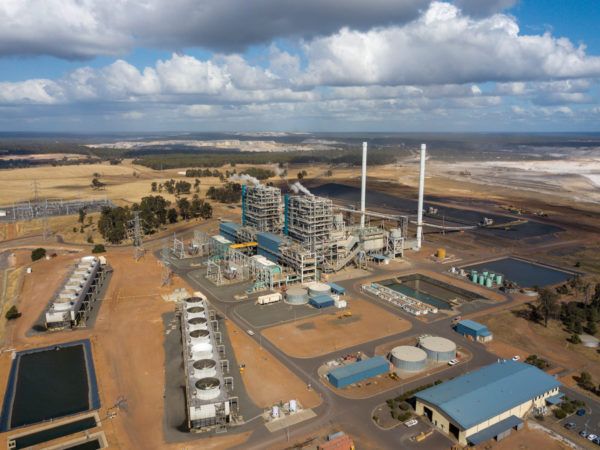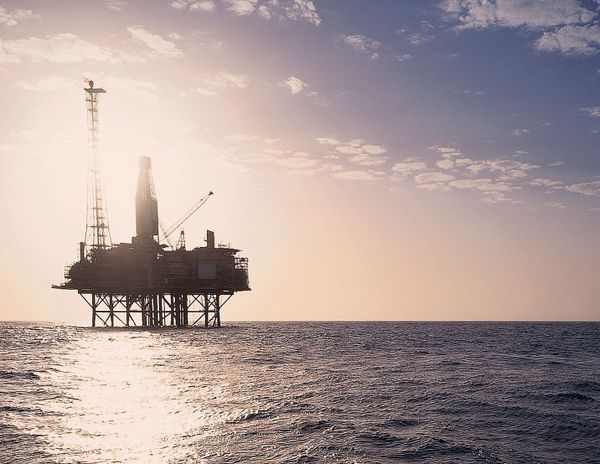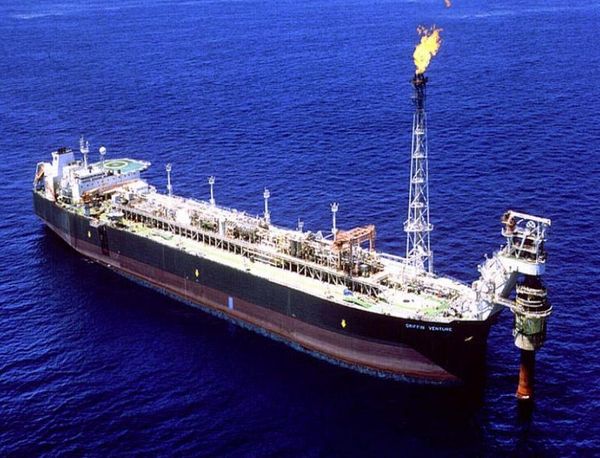Collie wobbles: WA power's financial mess
Before it takes WA to a clean, green renewable energy future the State Government has problems a plenty in still vital coal-fired power.

The ongoing financial distress of Collie’s coal mines and power stations reaches another milestone on Monday when Bluewaters Power Station is due to pay a debt of about $360 million.
The troubles of the companies based two hours south of Perth receive little attention despite providing 50 per cent of the electricity into the South West market over the last 12 months.
The lack of interest may be because local investors have nothing to lose. It is Chinese, Japanese and Indian companies that came to Collie a decade ago after the collapse of Ric Stowe’s Griffin Coal and the exit of Wesfarmers that are struggling to survive.
Griffin’s administrators sold Stowe’s near-new Bluewater’s power station to Sumitomo and Kansai Electric in 2011 for a reported $1.2 billion. Lanco Infratech from India bought Griffin’s coal-mining operation for $830 million. In the same year, Wesfarmers sold Premier Coal to Chinese-owned Yancoal for about $300 million.
A common feature of the $2.3 billion of purchases is that they were highly leveraged, and that debt has been a burden ever since.
On Monday Bluewaters is due to repay a debt that totalled $360 million in March 2019, according to the annual report of Bluewaters Power 3 Pty Ltd to the corporate regulator ASIC.
Many members of the lending consortium have little faith the money can be fully repaid, with the Financial Review and The Australian reporting this week that a slew of banks were selling the debt for about 71c in the dollar.
In the 12 months to March 2019, the two entities that own the 434-megawatt Bluewaters power plant had finance costs of $48.8 million that consumed 18% of total revenue to service a myriad of different loans.
The station produced a positive cashflow of just $9 million for the year.
Griffin Coal that supplies the fuel to Bluewaters saw $49 million in cash flow out from its operating activities in the 12 months to March 2018, the last financial year it has filed with ASIC. Revenue from coal sales was $108 million.
Griffin’s owner, Lanco Infratech, went into receivership in 2017.
Amidst its own financial problems, Bluewaters took action against Griffin last week to take control of its operations to ensure the continued supply of coal.
Collie’s other coal miner, Premier Coal, has a contract to 2030 to supply coal to state-owner Synergy’s Muja and Collie power stations. In 2018 Premier cut its annual loss from to $17 million to $1 million.
The intricate arrangements between Collie coal miners and power stations are further complicated by a $50 million loan Synergy gave to Premier Coal in 2014.
If the loan is not repaid by its expiry, understood to be in 2030, Synergy gains a 25 per cent stake in the miner.
The State Government announced that two units of the four-unit 810 mega-watt Muja power station would close down, one each in 2022 and 2024.
Synergy impaired the value of its assets by $429 million in September 2019, in large part due to lower sales during the day as the combined generation capacity of rooftop solar continues to grow.
The move to solar not only cuts revenue for coal-fired power stations, but it eats into useful life as the machinery was not designed for fluctuating loads.
Energy Minister Bill Johnston has said he expects no new coal or gas-fired power generation will be built in the South-West as renewable energy is now cheaper.
The real unknown is when Collie, Bluewaters and the last two Muja units will be retired.
With little demand growth predicted in the South-West, significant uptake of renewable energy can only be achieved by some existing generation capacity being closed down.
Without space to grow the industry will struggle to implement the output of the State Government's well-regarded Energy Transformation Taskforce.
Main image: Bluewaters Power Station, Collie. Source: Bluewaters Power.




